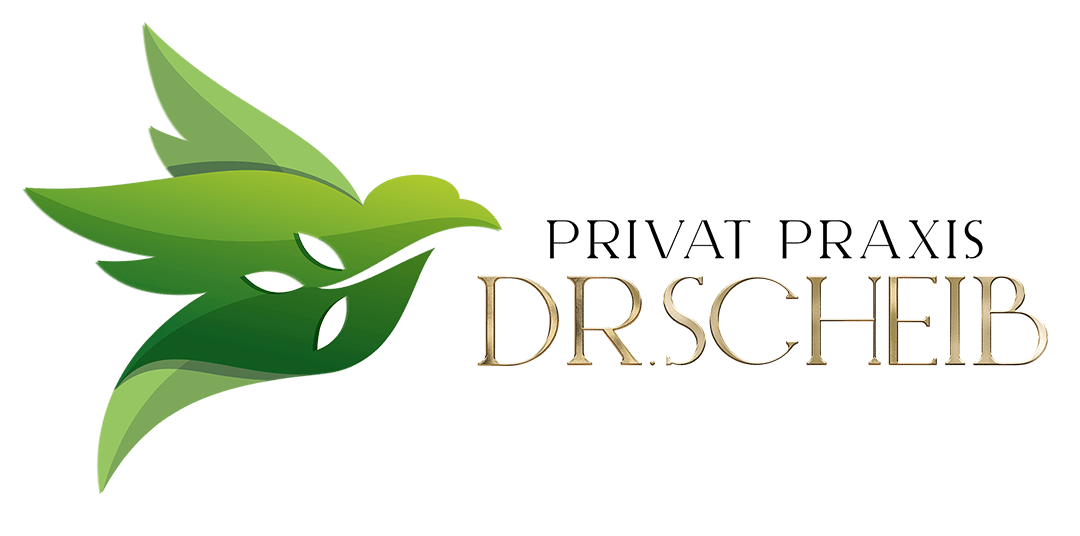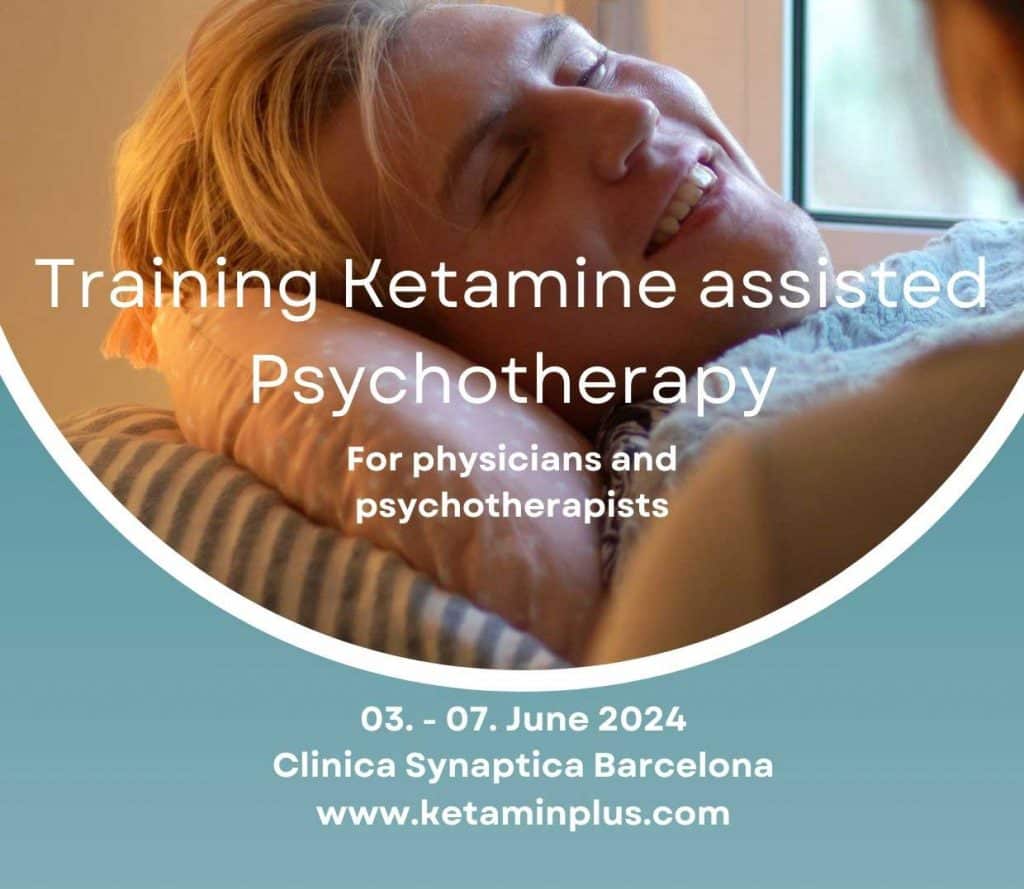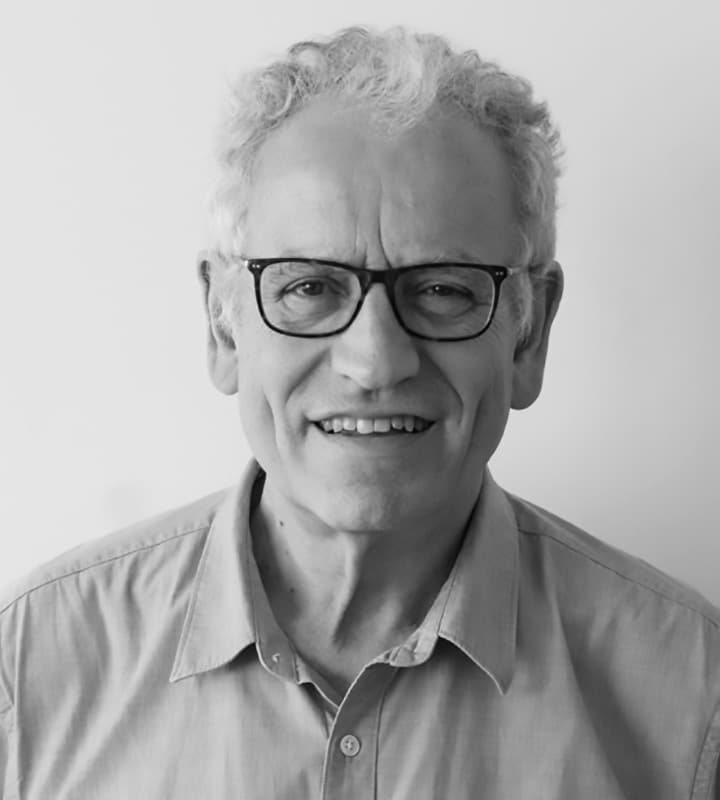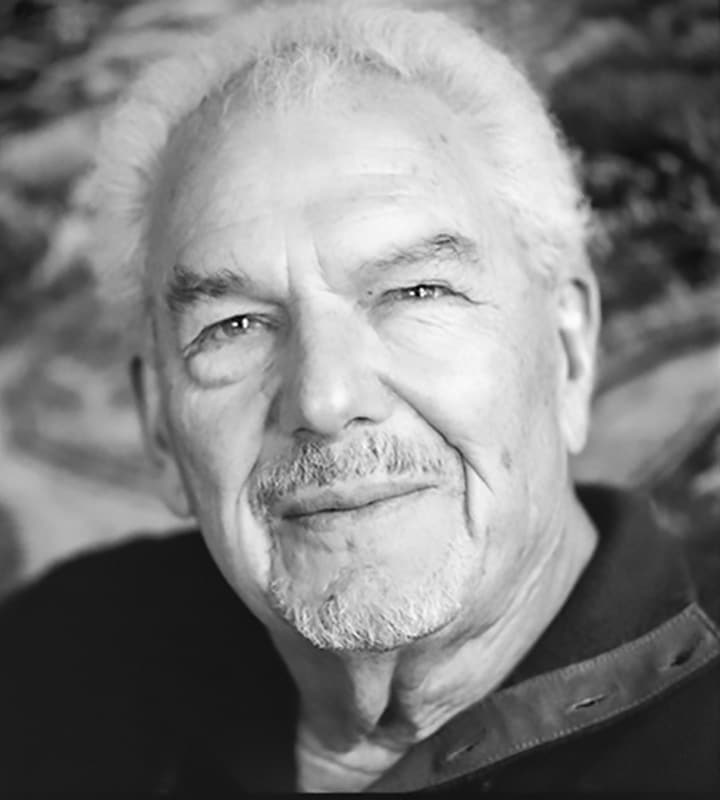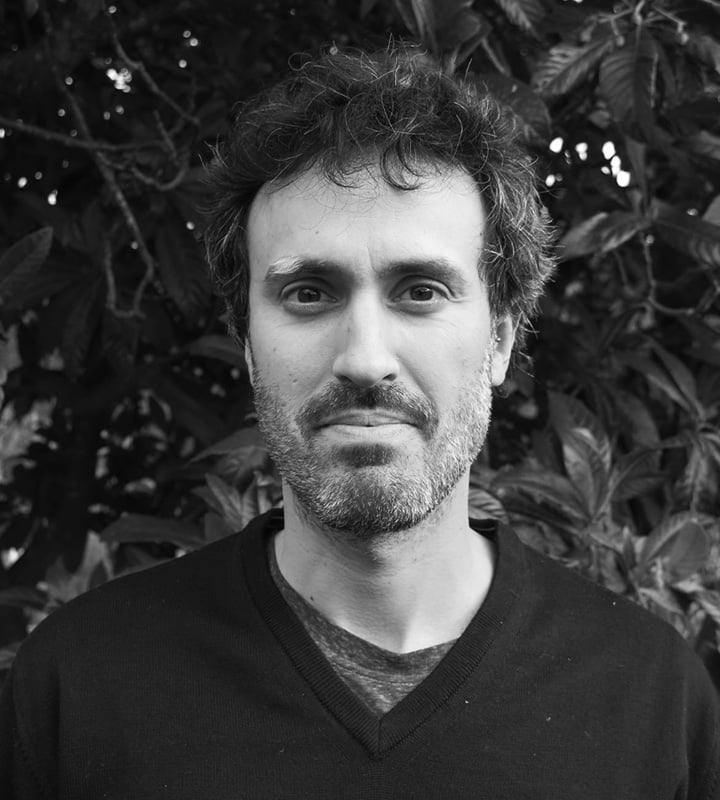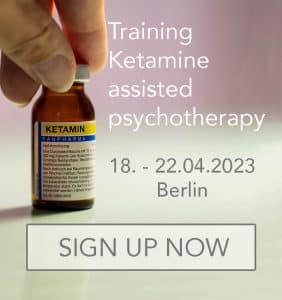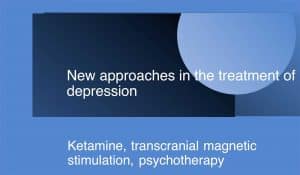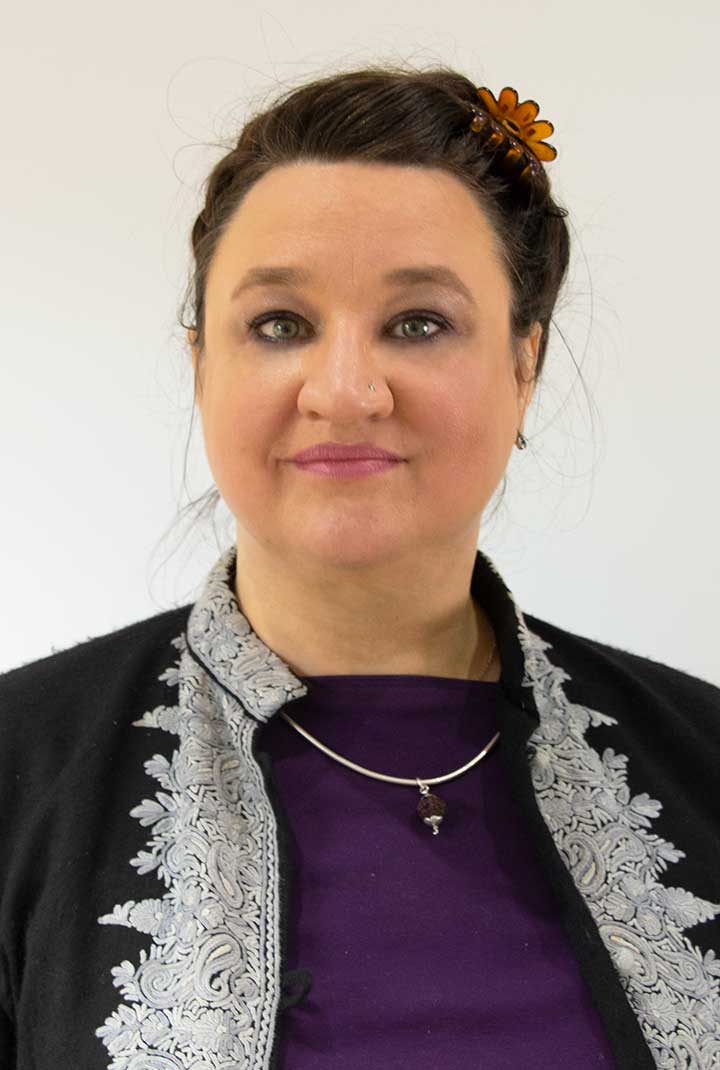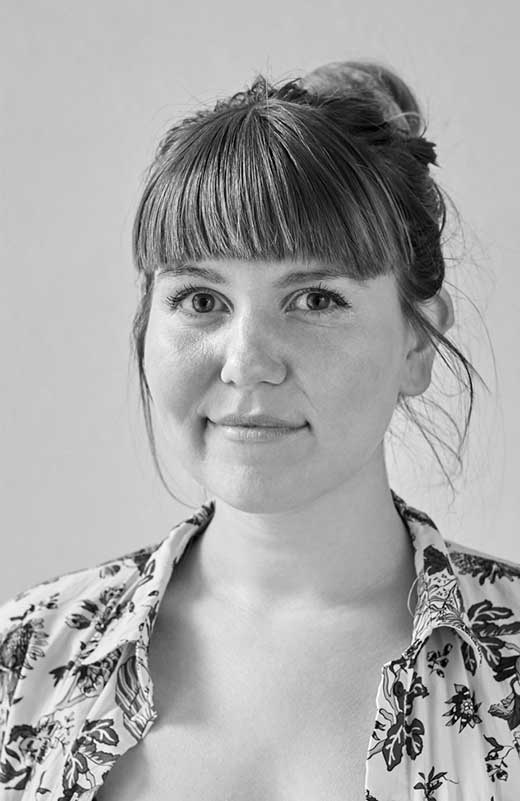Seminar Ketamine Assisted Psychotherapy
The training Ketamine assisted psychotherapy (KAP) for physicians and psychotherapists will take place from 03.06.2024 – 07.06.2024 at the Hotel H10 Casanova in Barcelona, Spain. It is held by Dr. Scheib together with the Clinica Synaptica and the Ketamine Research Foundation
Ketamine assisted psychotherapy integrates different psychotherapeutic methods to enable new experiences and to integrate unprocessed memories.
Our 5-day course consists of a theoretical background studies of ketamine assisted psychotherapy, in addition to which, the participants will learn the procedure and the implementation of a ketamine-assisted psychotherapy session. After our seminar you will be able to apply our concept of ketamine assisted psychotherapy yourself.
The training course “Ketamine-assisted psychotherapy” is accredited by the Catalan Training Council for Health Professions (CCFCPS) (Catalan Medical Association) with 4.3 credits.
Ketamine has been increasingly used in recent years for the treatment of severe depressive disorders as well as anxiety and obsessive-compulsive disorders, but also for (complex) PTSD and addictive disorders. As ketamine promotes neuroplasticity, it is ideally suited to be combined with other therapeutic methods.
Our training course on ketamine-assisted psychotherapy consists of a theoretical and a practical part. In addition to the theoretical background, you will learn the concrete procedure and implementation of a ketamine-assisted psychotherapy session. What needs to be clarified beforehand (indication and contraindication, off-label,…), how the session is prepared, conducted and followed up.
You will have the opportunity to experience the effect yourself as part of a low dose group experience, as well as to take on the role of a psychotherapist and accompany a session.
Further contents of the advanced training Ketamine assisted psychotherapy:
- Introduction to Ketamine and history of the use of Ketamine in Psychotherapy
- Paradigms of Treatment
- Indication, contraindication, risks and side effects
- Working with altered states of consciousness
- Set and Setting
- Guiding Principles: Inner Healing Intelligence, Inner Directed Approach, Healing Through the Direct Experience
- Map of Consciousness and Types of Experiences
- Ethical Guidelines
- Preparation, Session, Integration
- Therapist’s Attitude, Transference, Countertransference
- (Complex) PTSD and Cognitive and Physical Processing
- self care
- Understand the scientific, clinical, historical and legal framework in which ketamine is used.
- To determine the process of patient evaluation and preparation for treatment.
- To investigate the accompanying psychotherapy and the particularities of ketamine in psychedelic therapy.
- To acquire basic notions about assisted therapy with other psychedelics (psilocybin, LSD, MDMA, DMT and others).
- Difference between IV and IM
- How Neurofeedback can help through the process
Sign up now:
Price for low dose group experience not included
The lectures of the training Ketamin are held exclusively in English and will not be translated.
The course takes place over 5 days, 7.5h each day.
The conference fee (conference room, supplies, coffee and lunch) is included in the price.
With the participation of:
Psychologist,
Founder and Scientific Director of
Clinica Synaptica, Barcelona
ABOUT
Creator of Ketamine Assisted Psychotherapy (KAP)
CEO of the Ketamine Research Foundation
ABOUT
Neurotechnologist, research of EEG in combination with psychedelics,CEO Divergence Neuro
ABOUT
What is Ketamine infusion therapy?
Ketamine infusions are an important part of our ketamine-assisted psychotherapy without antidepressants. Ketamine leads to a significant improvement in the symptoms of most depressive patients after only a short time.
How does ketamine therapy work?
- Suicidal thoughts largely disappear after the first infusion.
- Ketamine has practically no lasting side effects.
- The substance is completely broken down after a few hours.
- However, the effect remains.
- Due to the rapid improvement in neuroplasticity (new connections are formed between the nerve cells in the brain), patients also become capable of learning again, which improves the results of psychotherapy. For severely depressed patients, this is what makes psychotherapy possible in the first place.
Two effects of ketamine are used: on the one hand, the mind-altering (dissociative) effect during the infusion and, on the other hand, the lasting antidepressant, anxiety-relieving effect.
During the ketamine infusion, patients often experience a change in perception. Memories, emotions, inner conflicts, but also hidden fears can appear. If these are now conscious, they can ideally be processed within the framework of psychotherapy. The antidepressant effect usually only appears on the following day of the infusion and impresses with an improvement and stabilisation of mood.
Ketamine works for different lengths of time, often only days to weeks. Therefore, several infusions (3 to 6) are
(3 to 6) are usually offered at intervals of a few days.
In the USA, it has become common practice for patients to receive a booster infusion every four weeks. Due to our intensive, ketamine-assisted psychotherapy, this is often not necessary with this frequency in our treatment of depression.
